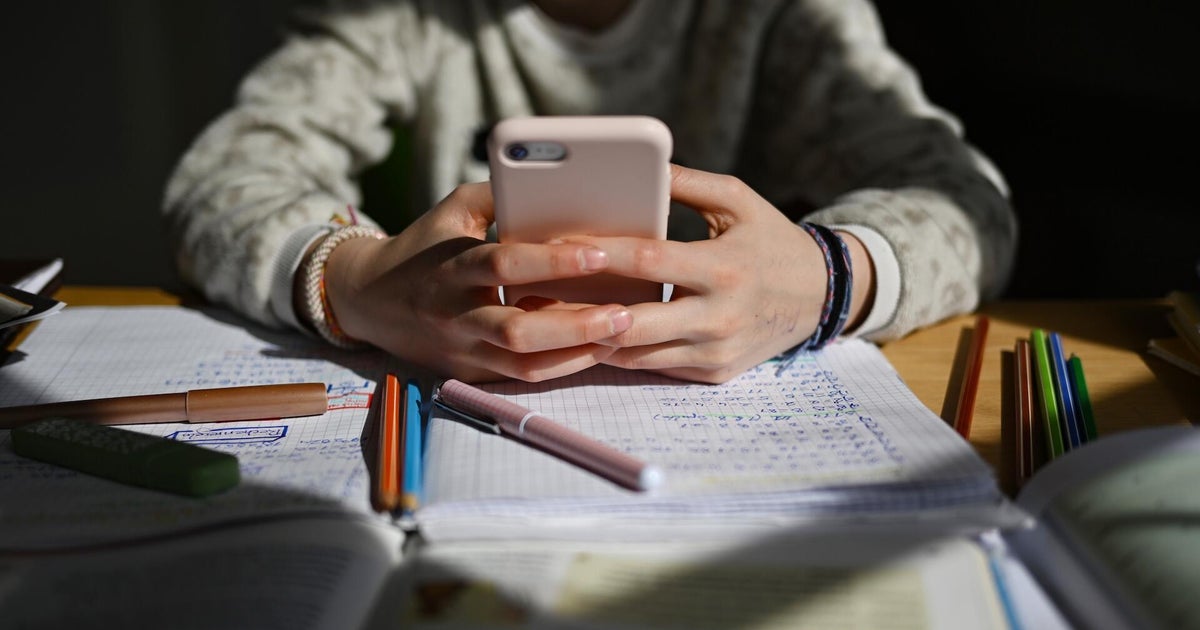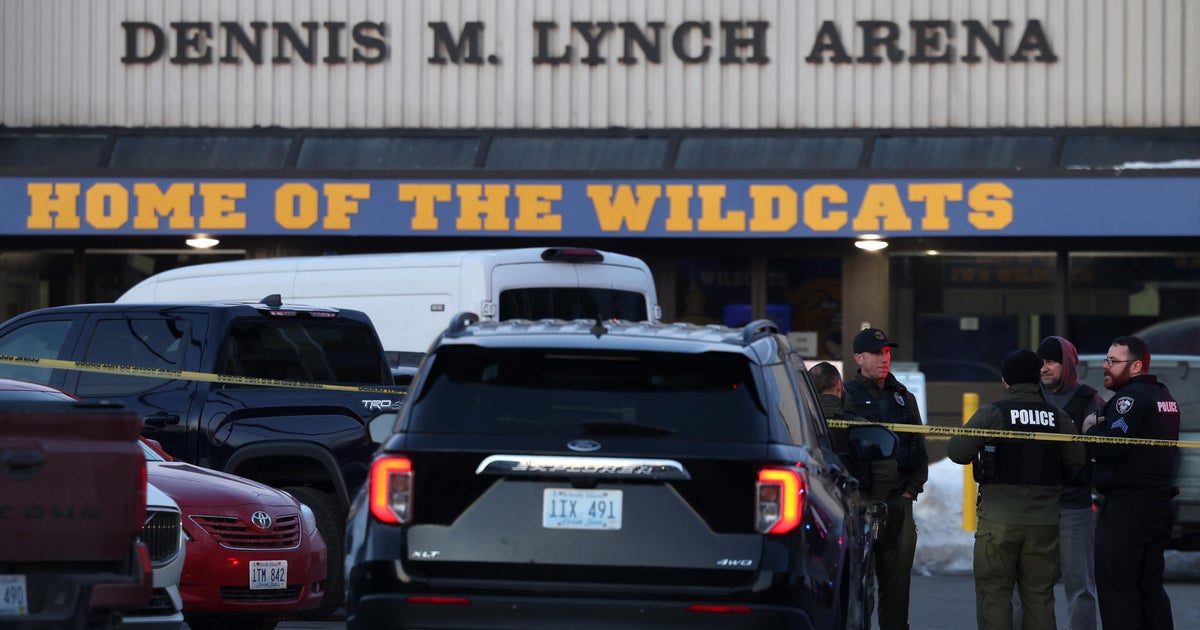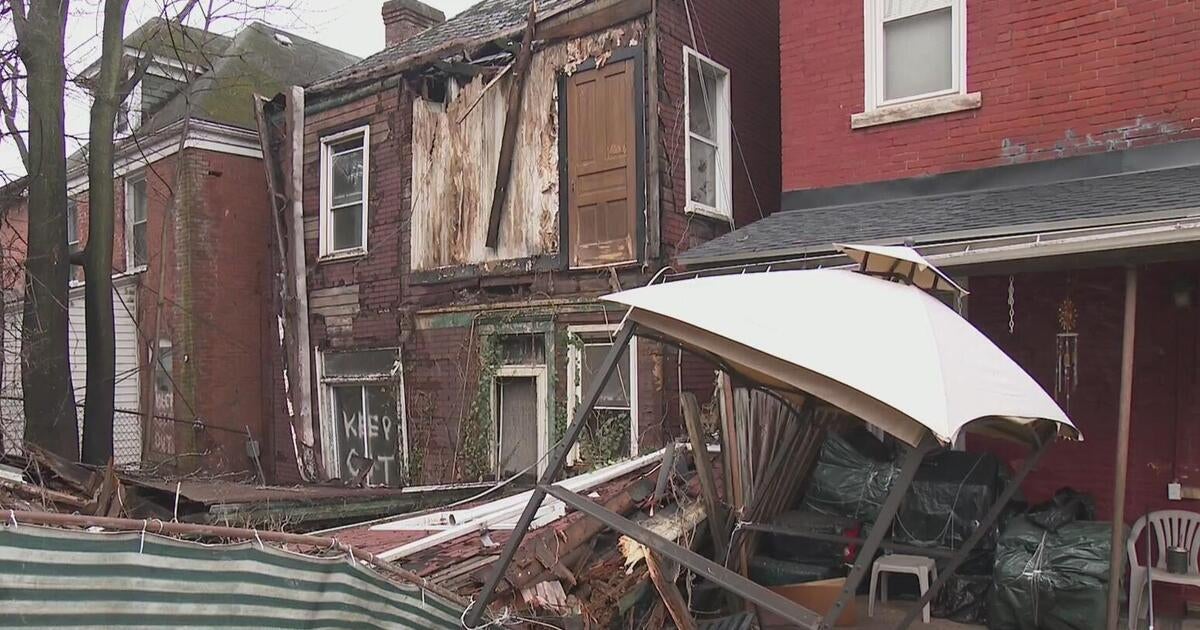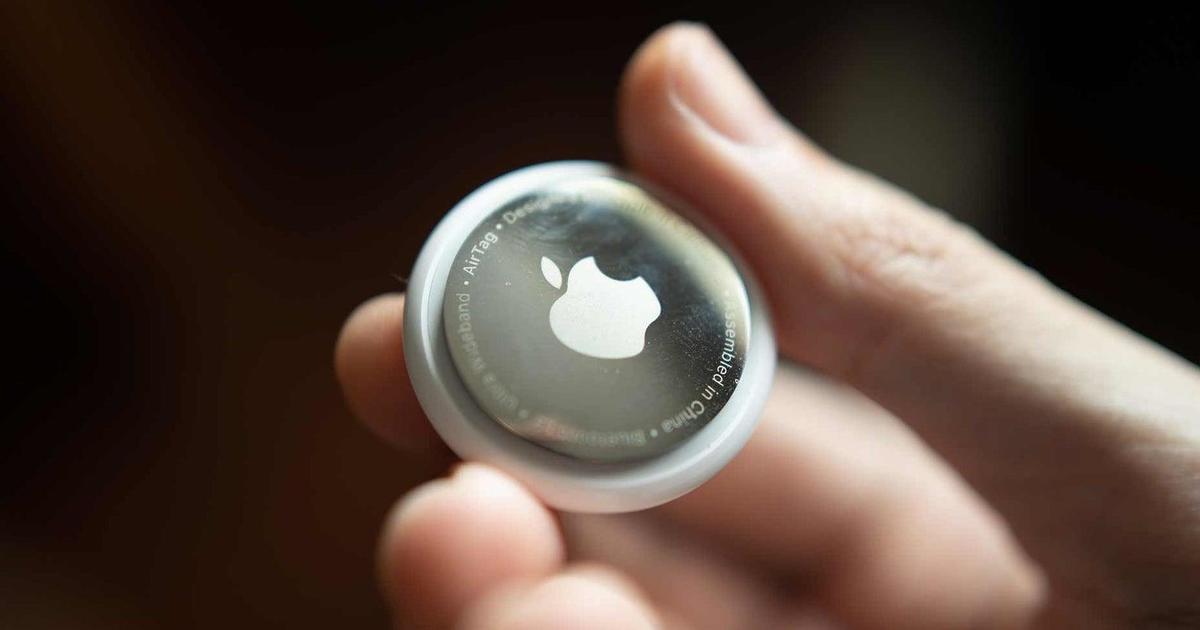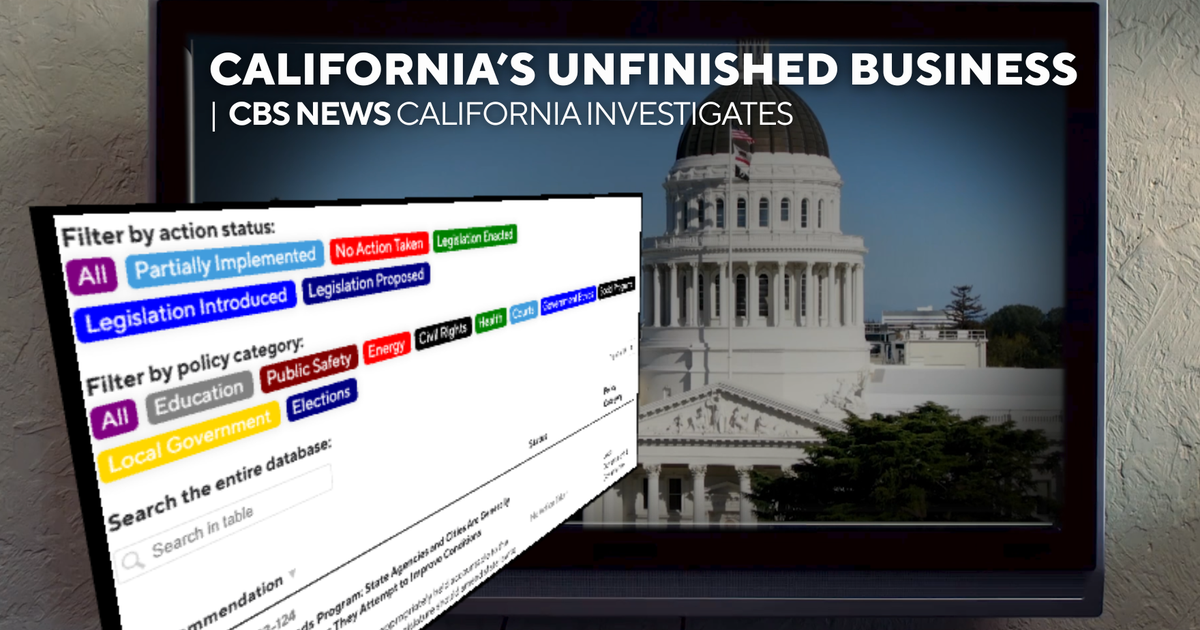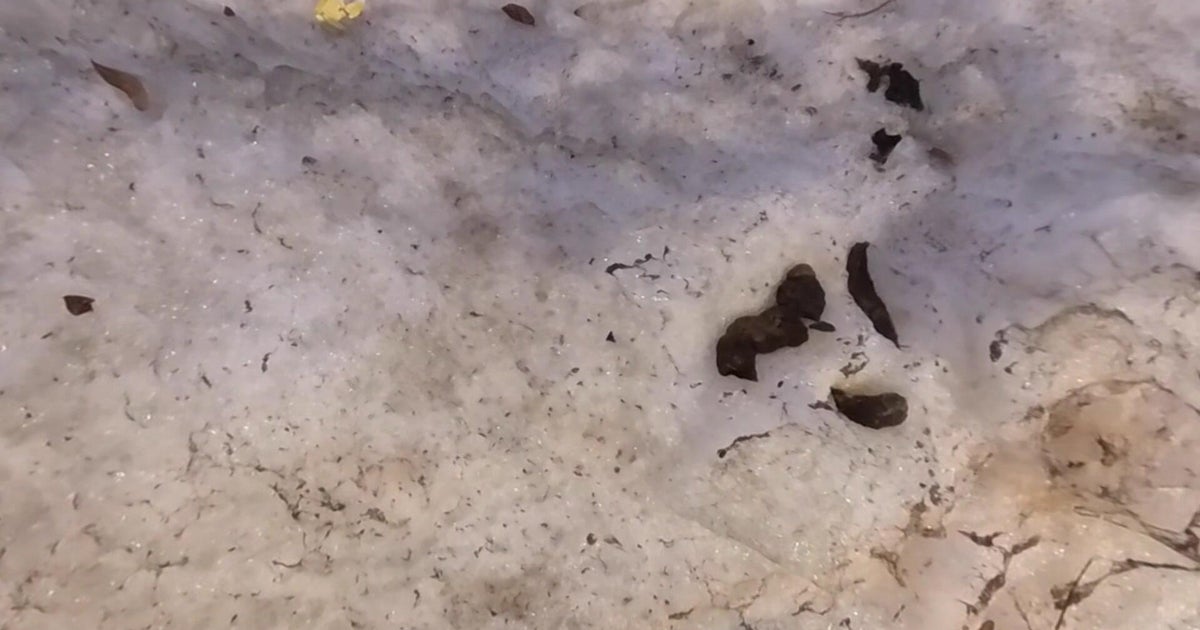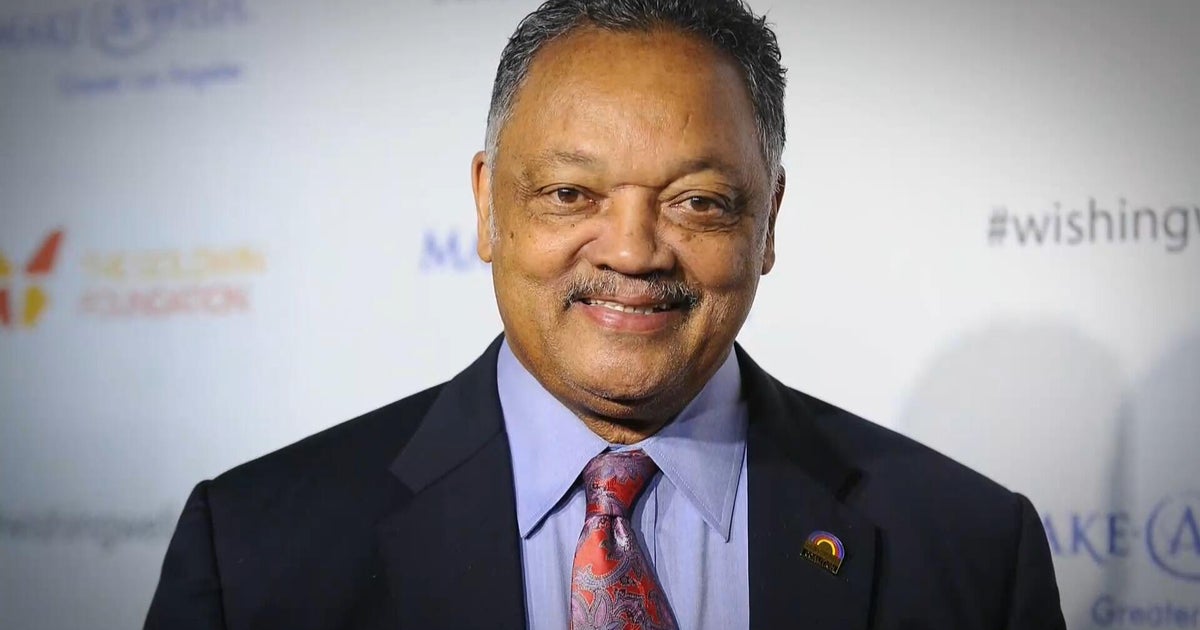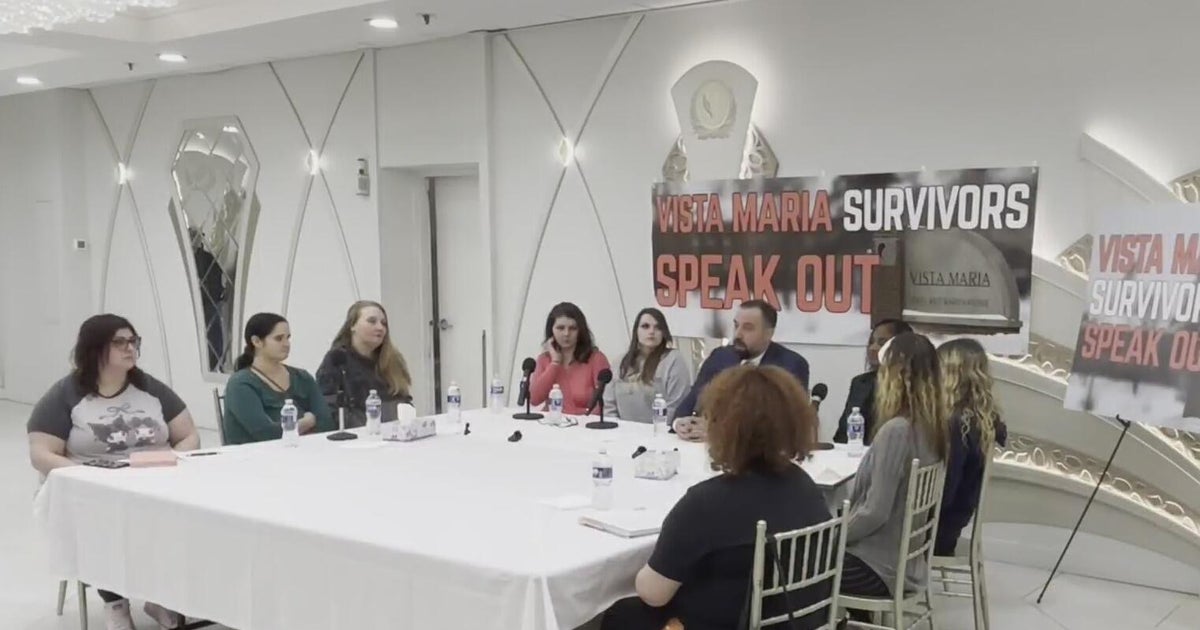With Growing Cell Phone Use, 'Butt Dials' To 911 Also Rising
CHICAGO (CBS) -- If you've ever received a call because someone you know "butt-dialed" you, you know how annoying it can be. But when someone "butt-dials" 911, it's not just an inconvenience, it's a public safety issue.
As CBS 2's Vince Gerasole reports, officials in Evanston say that nearly 20 percent of the wireless calls they get each month are "unintentional" or "abandoned" calls; and they believe the vast majority of those unintentional cell phone calls are butt dials.
Emergency workers said those kinds of calls waste valuable time and could put people at risk.
About 500 times each month, someone mistakenly dials the Evanston 911 center from their cell phone and that's only part of the story.
"I don't think the public realizes how often this happens," Evanston 911 Coordinator Perry Polinski said.
He said about 90 percent of those unintentional calls are the result of someone fumbling around in their purse or sitting on their cell phone and accidentally speed dialing 911.
"When you consider the number of these types of calls that we receive, it really taxes our resources," Polinski said.
Operators have to stay on the line until the call drops, then call back the number to see if there's a real emergency. Since cell phones can only be tracked by general location, in extreme cases officers are dispatched to find whoever might be in distress.
"The chances of that happening are slim, but we've – a couple times probably, over the past few years – have had to basically launch a search party to locate somebody," Polinski said.
Each time, it turned out to be either a misdial or a child making a prank call, Polinski said.
Speed dialing is a convenience marketed by cell phone makers, many pre-programming one-touch 911 emergency service, even when the phone is locked.
Evanston resident Blair Parkinson said, "If I type my lock code wrong, it'll go to, like, the emergency screen; so … that's the only number you can call from there, so sometimes it will … you could press a button and it will call it."
National emergency management agencies have said the problem is cropping up across the country. Law enforcement officials, like those in Evanston, have said it could be reduced if cell phone users were just a little more careful.
Polinski said if a misdial comes in at the same time as an actual emergency when several legitimate calls might be coming in at the same time, "then you have to devote the time that you would otherwise be using to field the rest of the phone calls to make sure that … everything's okay with that one call."
What can cell phone users do to avoid mistakenly calling 911? They should cover the touch pads or keyboards of their phones when they're not in use and, if you realize you have mistakenly dialed 911, stay on the line and let the operator know it was a mistake.
